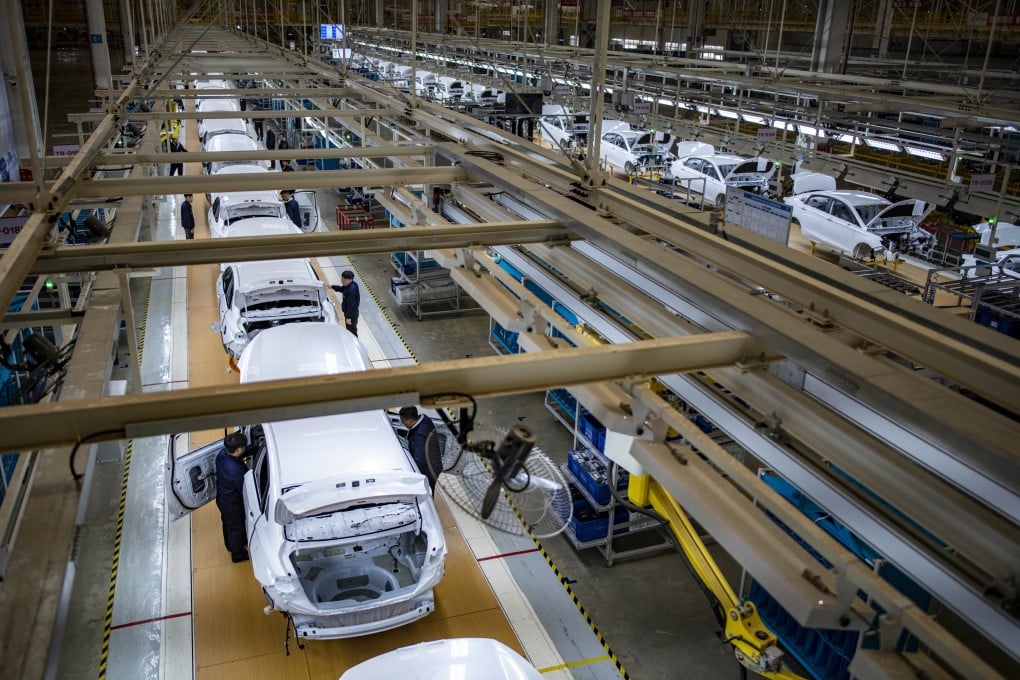Advertisement
China’s stock fund with 132 per cent returns bets on new-energy market leaders that foreign investors are missing out
- Domestic shares of new-energy vehicle makers and renewable energy suppliers are expected to be major targets for offshore investors, fund says
- Higher valuations in the sectors are reasonable, especially when the leading companies are highly competitive and growth is explosive
Reading Time:3 minutes
Why you can trust SCMP

Foreign investors cannot ignore the biggest players at the forefront of the nation’s push into new-energy industries, a Chinese asset manager said after making more than 130 per cent gain in 2020.
Advertisement
Locally-listed shares of new-energy vehicle (NEV) makers, renewable energy generators and their suppliers, for example, are expected to be in demand and likely become major targets for offshore investors, according to Li You, a money manager at Shenzhen-based TruValue Asset Management.
“If foreign investors want to invest in the NEV supply chains, China’s A shares definitely should be the top choice,” he said in an interview with the Post. “And if they want to invest in photovoltaics, they will have to invest in A shares because more than 80 per cent of the supply chain is in China.”
Under President Xi Jinping, China is transforming its manufacturing infrastructure to overtake the US for leadership in information technology, robotics and clean energy. Its Made in China 2025 plan has encouraged billions of dollars in R&D spending and elevated home-grown brands, while stoking global competitive concerns at the same time.
Li manages eight funds with combined assets of 6.05 billion yuan (US$937 million) at TruValue. About 2.3 billion yuan in two tranches of his Industrial Cycle Selection Fund gained 132.2 and 130.6 per cent in 2020.
Advertisement

Advertisement